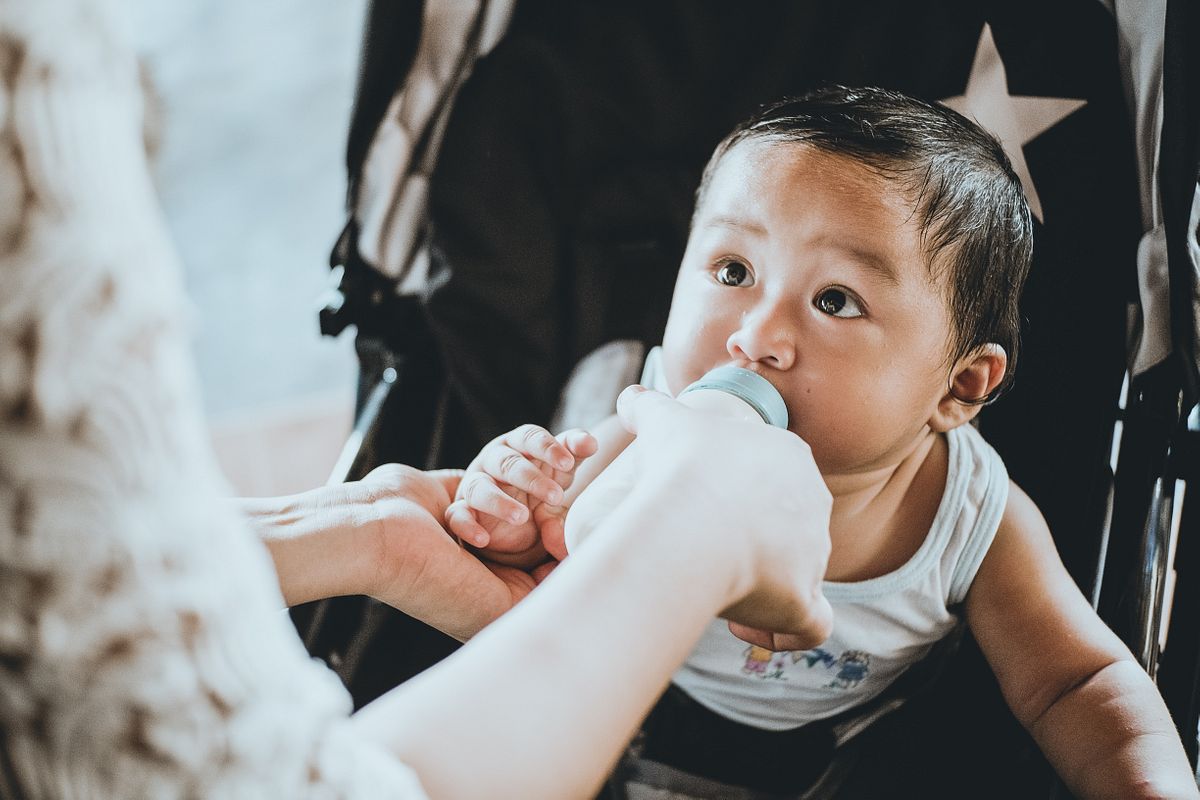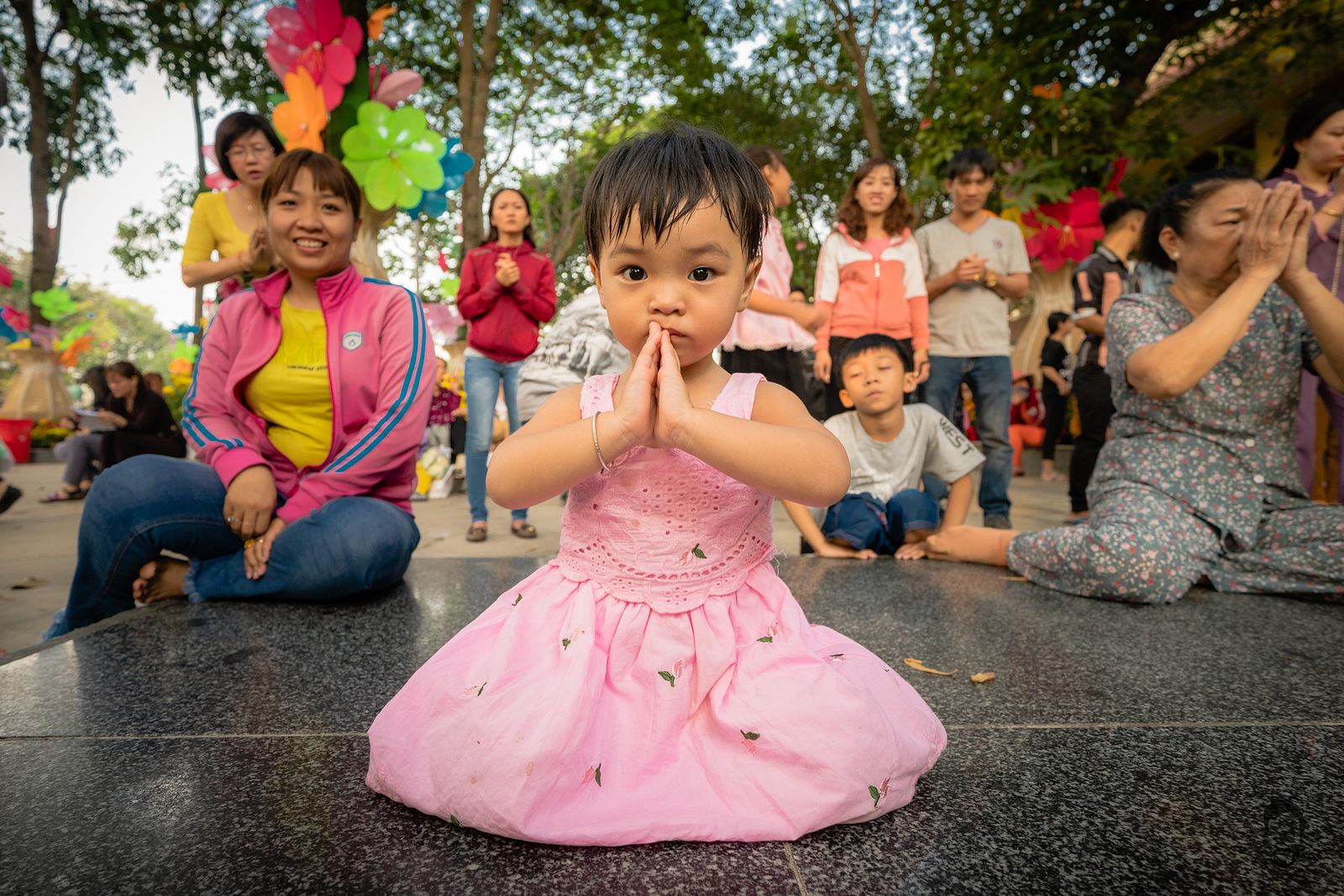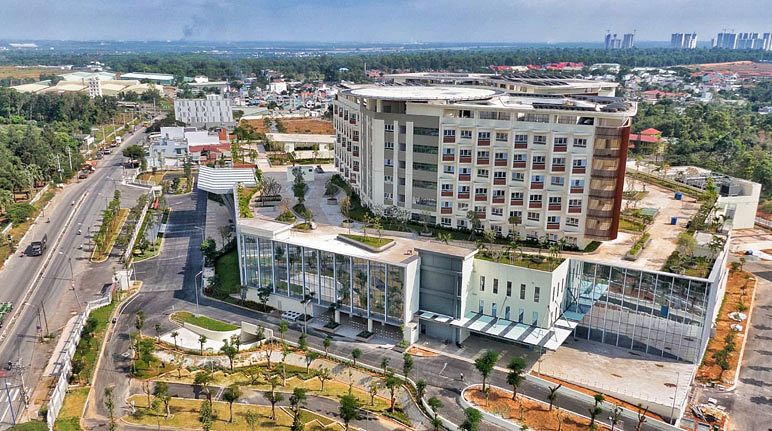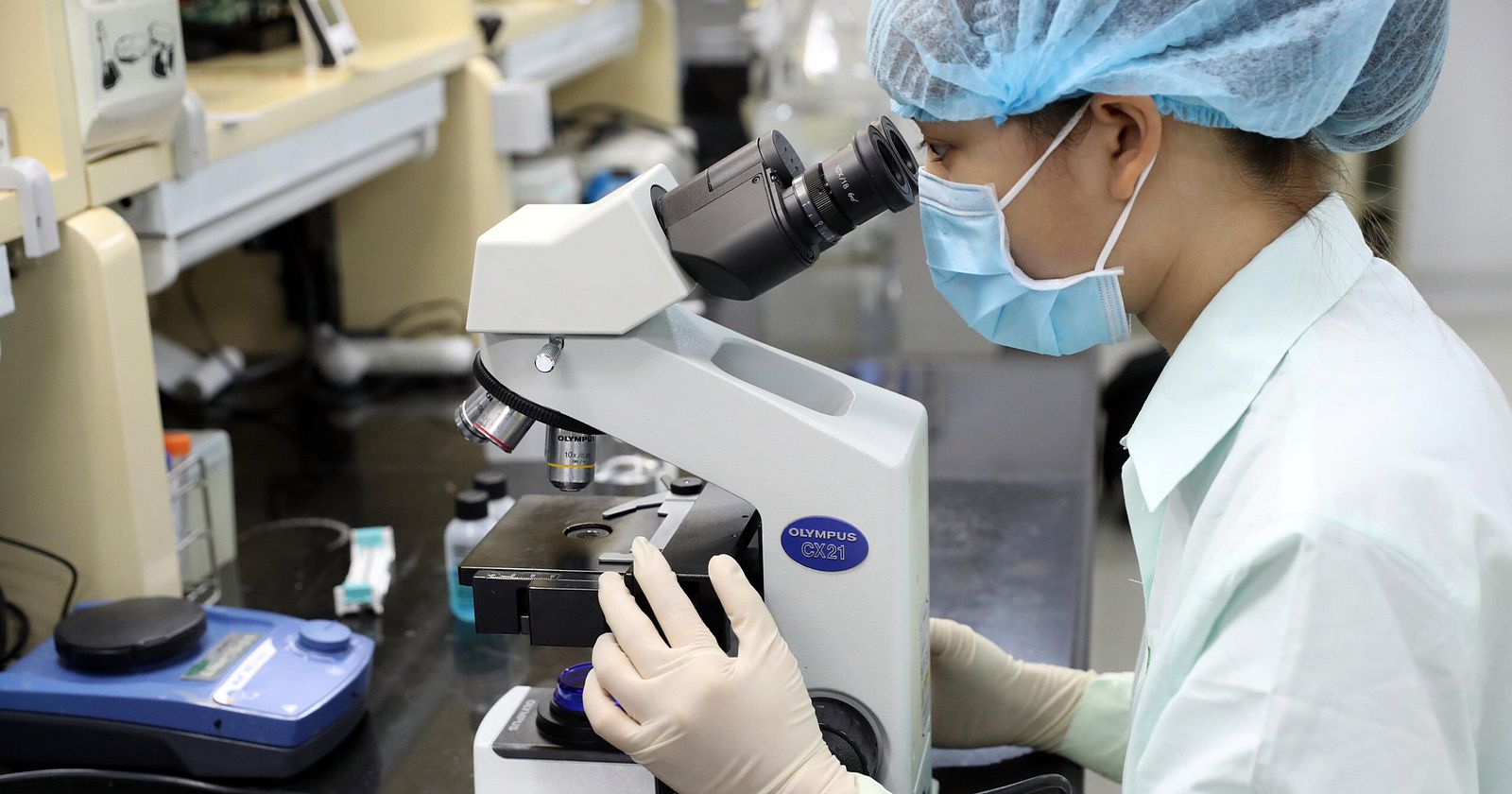The milk bank will provide pasteurized milk for more than 1,000 babies at the Vietnam National Children's Hospital in Hanoi to reduce the risk of late neonatal infection amongst infants unable to access natural milk.
VnExpress reports that the bank opened on March 22 after a four-month trial program to provide donated human milk to more than 1,000 premature, low-birthweight and sick patients at the hospital. In the coming months the operation is expected to expand to distribute milk to hospitals throughout the Red River Delta.
The Hanoi milk bank is sponsored by the Irish government in coordination with organizations such as Alive and Thrive which are committed to saving infant lives, preventing illnesses and providing proper nutrition to under-advantaged children.
When used as a temporary replacement for natural milk, pasteurized human milk can reduce neonatal sepsis by 19% among vulnerable infants within their first 28 days of life and provide better nutrition compared to formula products. Each year, the hospital cares for almost 5,000 babies that suffer serious health issues including premature birth, low birthweight and birth defects.
For the official launch of the operation, 38 mothers have donated 600 liters of milk that were given to 280 children after pasteurization. Additionally, 62 of the children were infected with COVID-19. The mothers must undergo health screenings and periodic blood checks.
This is the ninth milk bank to open in Vietnam. In 2019, Saigon opened its first such facility, while the Obstetrics and Gynecology Hospital in Đà Nẵng launched the nation's first-ever milk bank in February 2017.
Despite the benefits of human milk, few infants in Vietnam feed exclusively on it during their first six months. Only 19% of Vietnamese babies consume only breast milk during that period, compared to 60% in Cambodia and 40% in Laos.
[Photo by Rainier Ridao via Unsplash]














